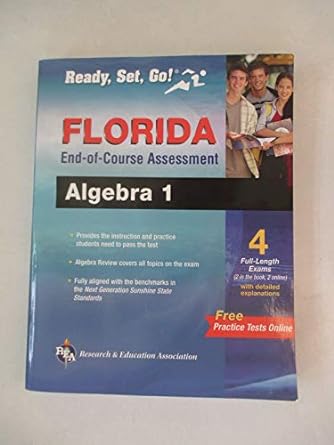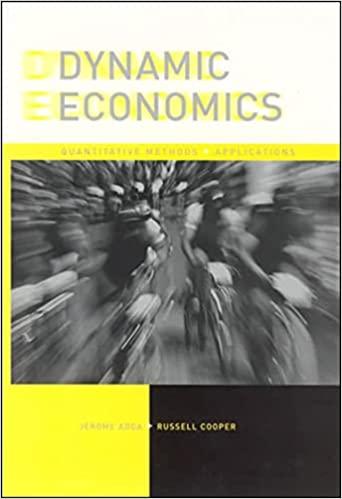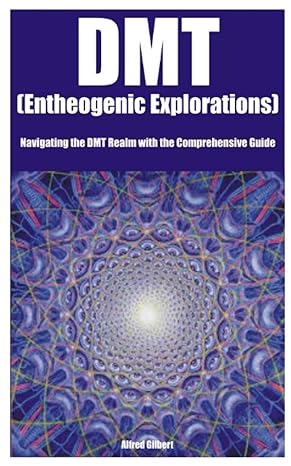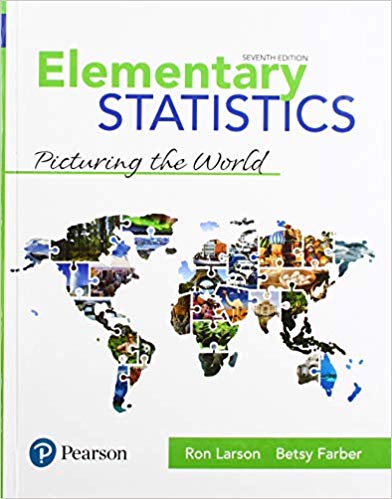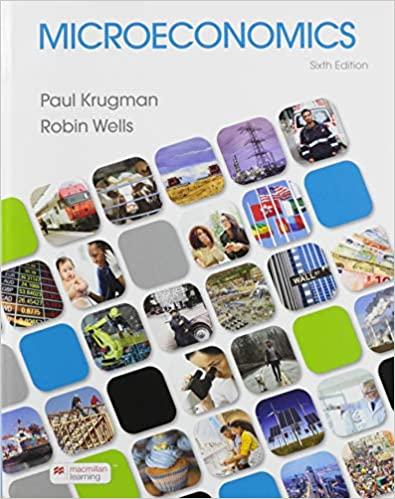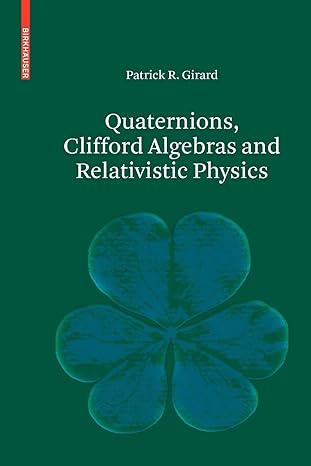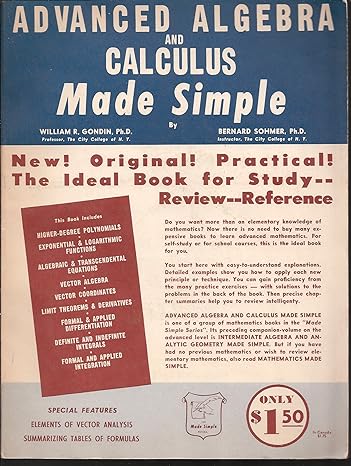Go back

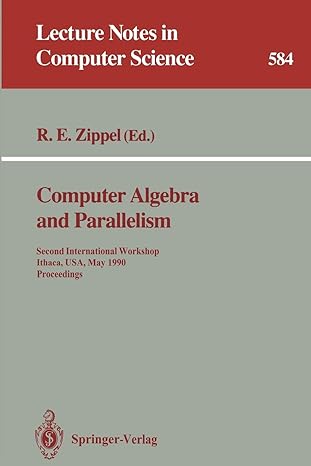
Computer Algebra And Parallelism Second International Workshop Ithaca Usa May 1990 Proceedings(1st Edition)
Authors:
Richard E. Zippel

Cover Type:Hardcover
Condition:Used
In Stock
Include with your book
Free shipping: April 06, 2024Popular items with books
Access to 3 Million+ solutions
Free ✝
Ask 10 Questions from expert
200,000+ Expert answers
✝ 7 days-trial
Total Price:
$0
List Price: $54.99
Savings: $54.99(100%)
Book details
ISBN: 3540553282, 978-3540553281
Book publisher: Springer
Get your hands on the best-selling book Computer Algebra And Parallelism Second International Workshop Ithaca Usa May 1990 Proceedings 1st Edition for free. Feed your curiosity and let your imagination soar with the best stories coming out to you without hefty price tags. Browse SolutionInn to discover a treasure trove of fiction and non-fiction books where every page leads the reader to an undiscovered world. Start your literary adventure right away and also enjoy free shipping of these complimentary books to your door.
Computer Algebra And Parallelism Second International Workshop Ithaca Usa May 1990 Proceedings 1st Edition Summary: This book contains papers presented at a workshop on the use of parallel techniques in symbolic and algebraic computation held at Cornell University in May 1990. The eight papers in the book fall into three groups. The first three papers discuss particular programming substrates for parallel symbolic computation, especially for distributed memory machines. The next three papers discuss novel ways of computing with elements of finite fields and with algebraic numbers. The finite field technique is especially interesting since it uses the Connection Machine, a SIMD machine, to achievesurprising amounts of parallelism. One of the parallel computing substrates is also used to implement a real root isolation technique. One of the crucial algorithms in modern algebraic computation is computing the standard, or Gr|bner, basis of an ideal. The final two papers discuss two different approaches to speeding their computation. One uses vector processing on the Cray and achieves significant speed-ups. The other uses a distributed memory multiprocessor and effectively explores the trade-offs involved with different interconnect topologies of the multiprocessors.
Customers also bought these books
Frequently Bought Together
Top Reviews for Books
Brenda Hernandez
( 5 )
"Delivery was considerably fast, and the book I received was in a good condition."


